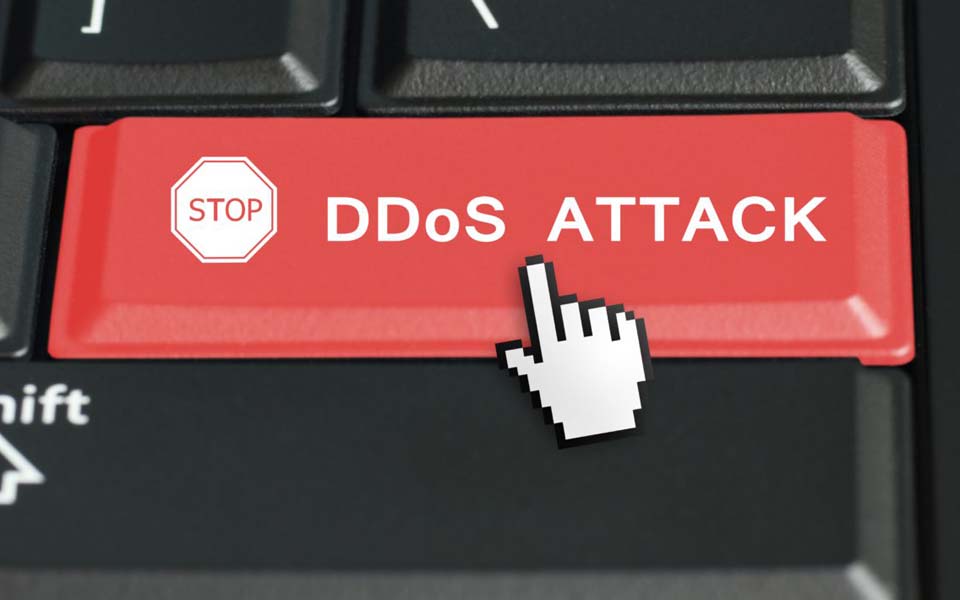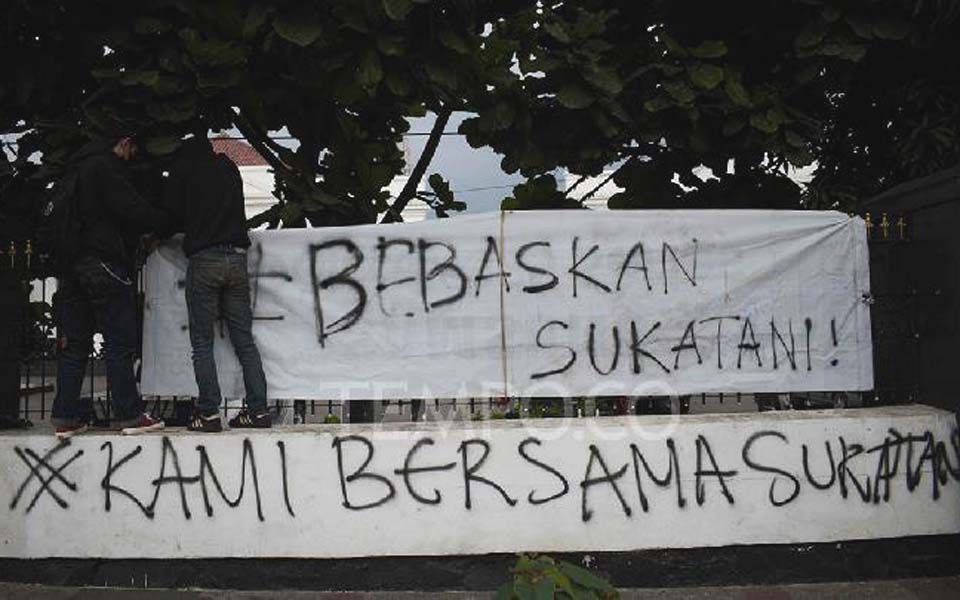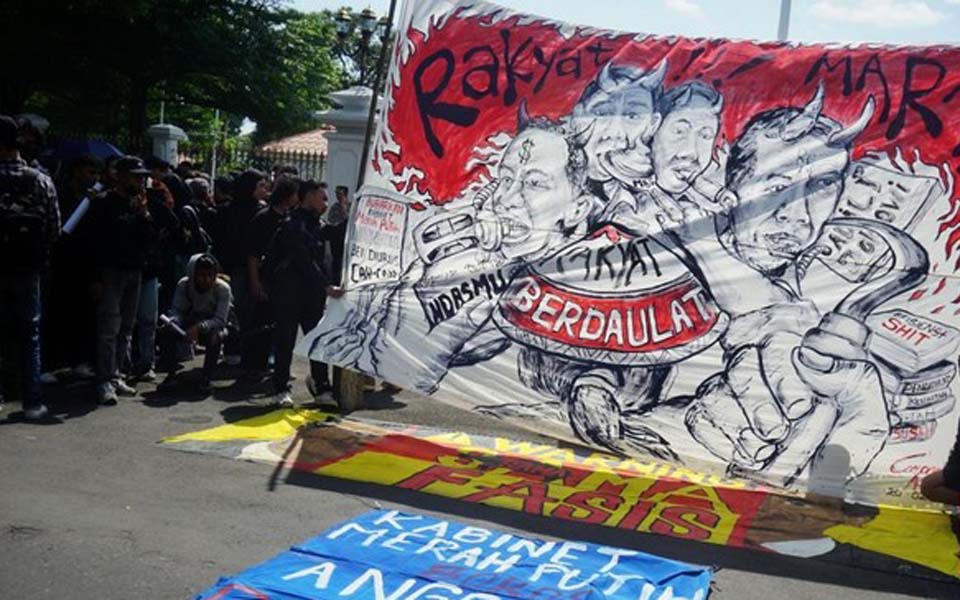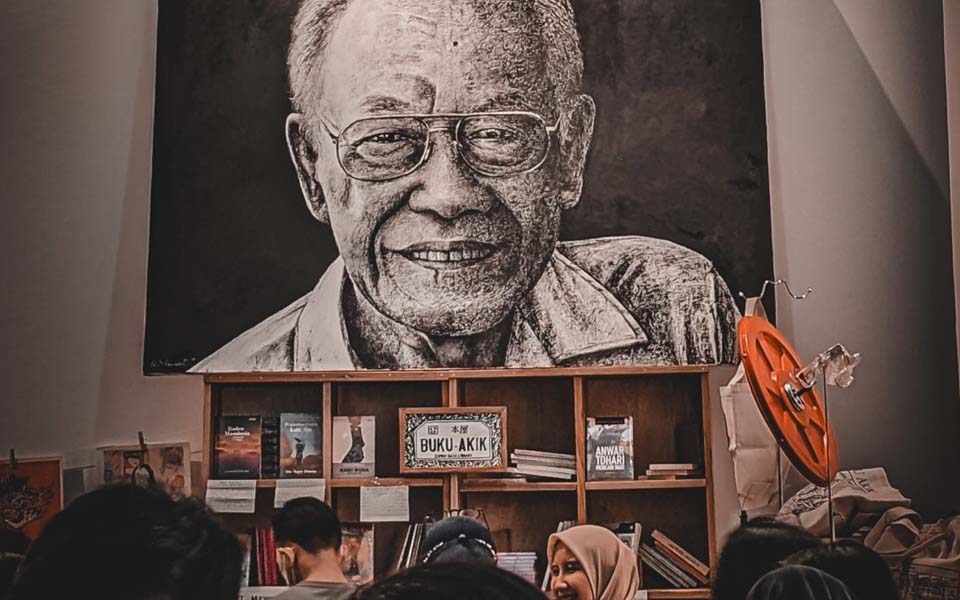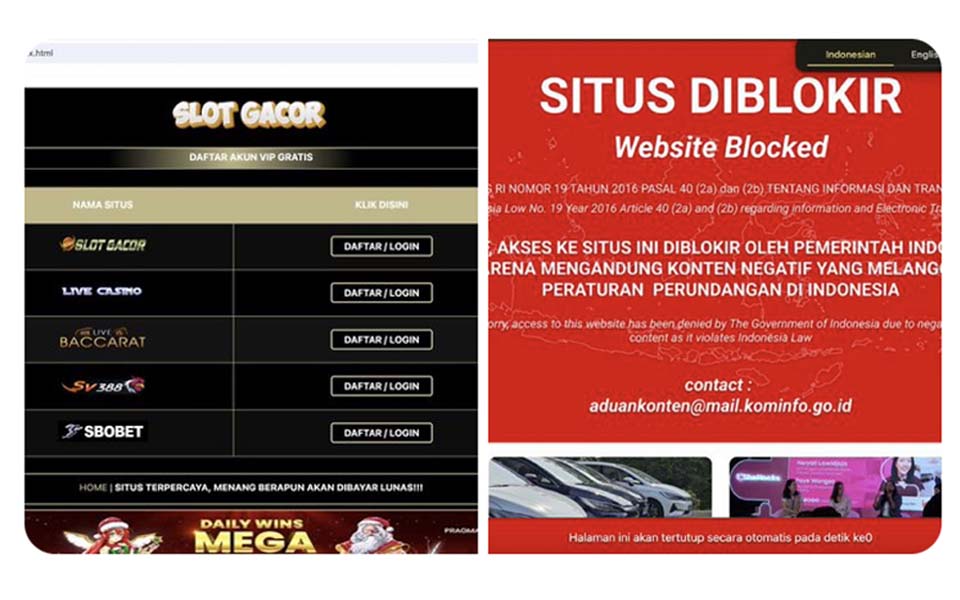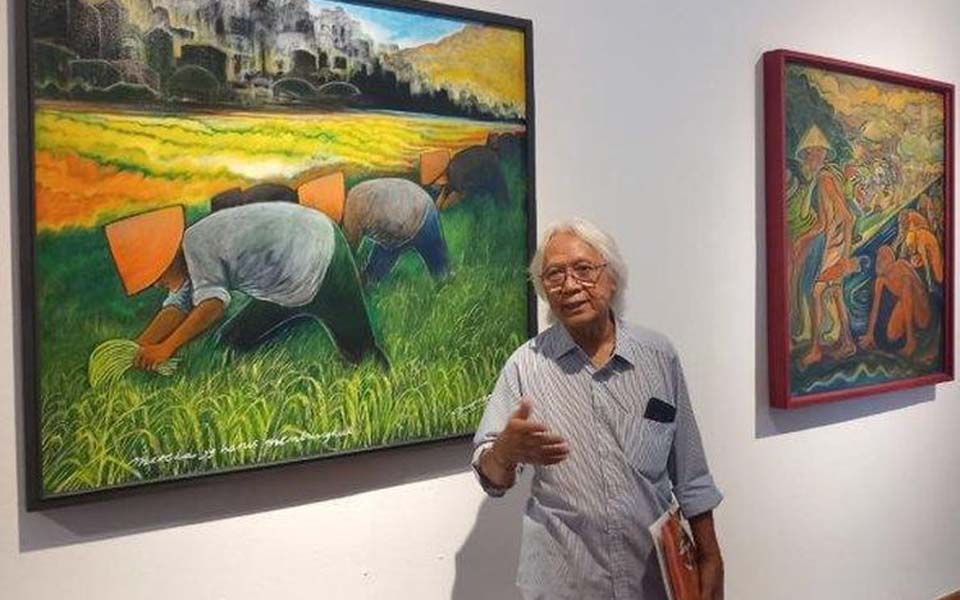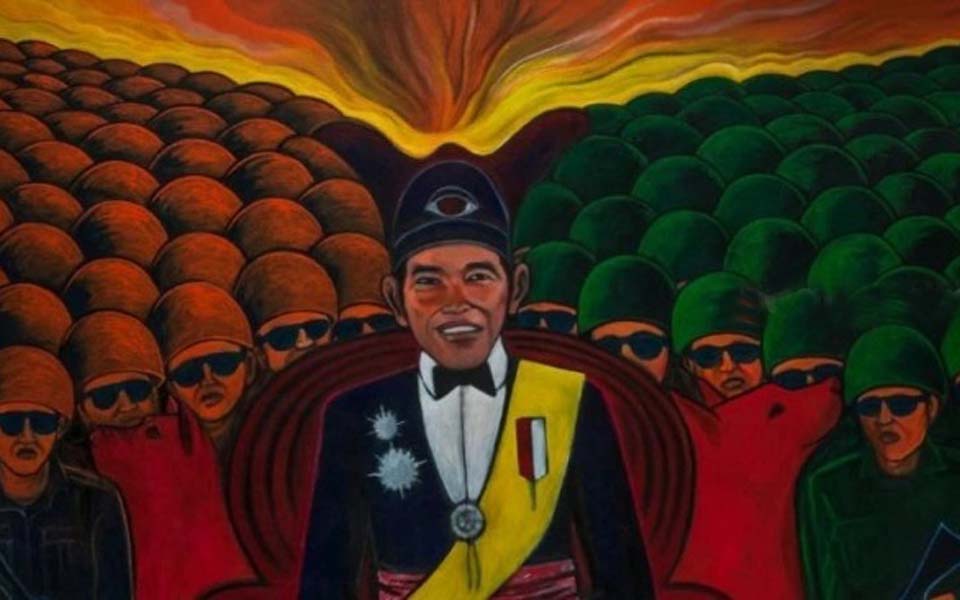Rakhmat Nur Hakim, Jakarta – The government's decision not to repeal the Information and Electronic Transactions (ITE) Law is not in accordance with the spirit touted by President Joko "Jokowi" Widodo when he initially responded to the polemic over the catchall or ambiguous articles in the law.
At the time, Widodo's statement during an event on February 8 launching the Ombudsman's annual report triggered an outcry from the pubic over concerns about how the ITE Law is applied to those who criticise the government.
There was a huge response from the public in the virtual world. One by one they cited cases of people being charged under the ITE Law for criticising the government.
A week later, during an Indonesian military (TNI) and Indonesian police (Pori) leadership meeting, Widodo responded to the public's complaints by stating that along with the House of Representatives (DPR) the government would revise the law.
"If the ITE Law cannot provide a sense of justice then yes I will ask the DPR to jointly revise the law, the ITE Law", said Widodo at the TNI-Polri leadership meeting on February 15.
Team formed to study ITE Law
But instead of immediately preparing the law for revision by the DPR, the government instead formed two teams in respond to the polemic over Law Number 11/2008, which had already been revised in 2016 as Law Number 19/2016.
Coordinating Minister for Security, Politics and Legal Affairs (Menko Polhukam) Mahfud MD said that a team would be formed to discuss the planned revisions to the law.
This was because a number of parties have been pushing the government and the DPR to revise the articles in the law which are seen as threatening democracy.
"A revision team or an ITE Law revisions planning team, because there have been challenges, they say the law contains rubber articles, it's discriminative, endangers democracy. Now, the president said please discuss the possibility of revising it", said Mahfud in a videoed press statement on Friday February 19.
According to Mahfud, the team would discuss the articles which are considered open to multiple interpretations with various elements of society. The government will invite legal experts, the Indonesian Journalists Association (PWI), experts, non-government organisations (NGOs) and pro-democracy movement groups.
"(Everyone) will be heard in the discussion, [to decide] whether or not it really needs revising", he said.
In addition to this, the government also formed a team to formulate interpretations of the contentious articles. Communication and Information Technology Minister (Menkominfo) Johnny G Plate took responsibility for the team's discussions.
"This will be done by the Kemenkominfo [Communication and Information Technology Ministry], Pak [Mr] Johnny Plate together with the team, but it will also get together with other ministries under the coordination of the Kemenko Polhukam [Coordinating Ministry for Political, Legal and Security Affairs] to accommodate this", said Mahfud.
Not included in 2021 Prolegnas
But at a working meeting between the DPR Legislative Body (Baleg) and the government represented by Justice and Human Rights Minister Yasonna Laoly, revisions to the ITE law was not in the end included in the 2021 priority national legislation program (Prolegnas).
This meant that the discourse touted by Widodo about revising the ITE Law failed to be realised because the government did not hold a legislative review with the DPR.
The government preferred the choice of forming a team to study guidelines on using the ITE Law and to study revising the law rather than acting on the discourse touted by Widodo.
Keeping the ITE Law
In the latest development, the study team suggested to the government that it maintain the law. The decision was taken after the team discussed efforts to improve the law by accommodating inputs obtained over the previous two months.
"The ITE Law is still very much needed to anticipate and pass judgment. Not punish, yeah, pass judgment, in the digital world. It's still very much needed. And because of this, there will be no annulment of the ITE Law", said Mahfud during a press conference on the Kemenko Polhukam YouTube channel on Thursday April 29.
Nevertheless, Mahfud said that the law still needs some revision of semantics in the future but that these improvements would only be in the form of additional phrases and elucidations.
"Such as for example what does the word defamation mean, what is slander. So it will be explained so that it won't be carelessly used when people debate and there's an uproar for example", he said.
Aside from this, there will also be additional articles. "Indeed then to strengthen it, there will be one additional article, namely the addition of Article 45C", said Mahfud.
The revisions cited by Mahfud however still do not answer the public's concerns about the articles open to multiple interpretations which are often used to silence critics.
The articles open to multiple interpretations are Article 27 Paragraph 3 on defamation and Article 28 Paragraph 2 on matters related to ethnic, religious, racial and inter-group issues (SARA).
Failed to listen
Meanwhile DPR Commission I member from the Justice and Prosperity Party (PKS), Sukamta, said he regretted that the government had failed to listen to input from the public about revising the law's rubber articles.
He also questioned Mahfud's reasons for stating that the government would not annul the ITE Law because from the start the government had never said it wanted to revoke the law, but just revise the articles open to multiple interpretations.
"There are only a few articles which are rubber articles which it's felt need to be revised. President Jokowi also campaigned for the need for revisions, not revoking the law", he said.
Sukamta believes that wanting revisions to the articles in the law does not mean the public wants the law revoked.
He believes that if the ITE Law is not revised, then the public will be afraid of criticising the government, even when this criticism is based on fact. According to Sukamta, the public are afraid to criticise for fear that they will be indicted on charges of slander or defamation.
He also implied that it is as if the government wants to build an administration without criticism whenever the narrative being developed for the public appears to be inconsistent.
"What do they want? A government without criticism", said Sukamta.
[Translated by James Balowski. The original title of the article was "Antiklimaks Usulan Jokowi untuk Revisi UU ITE...".]
Source: https://nasional.kompas.com/read/2021/05/01/07000011/antiklimaks-usulan-jokowi-untuk-revisi-uu-ite-






